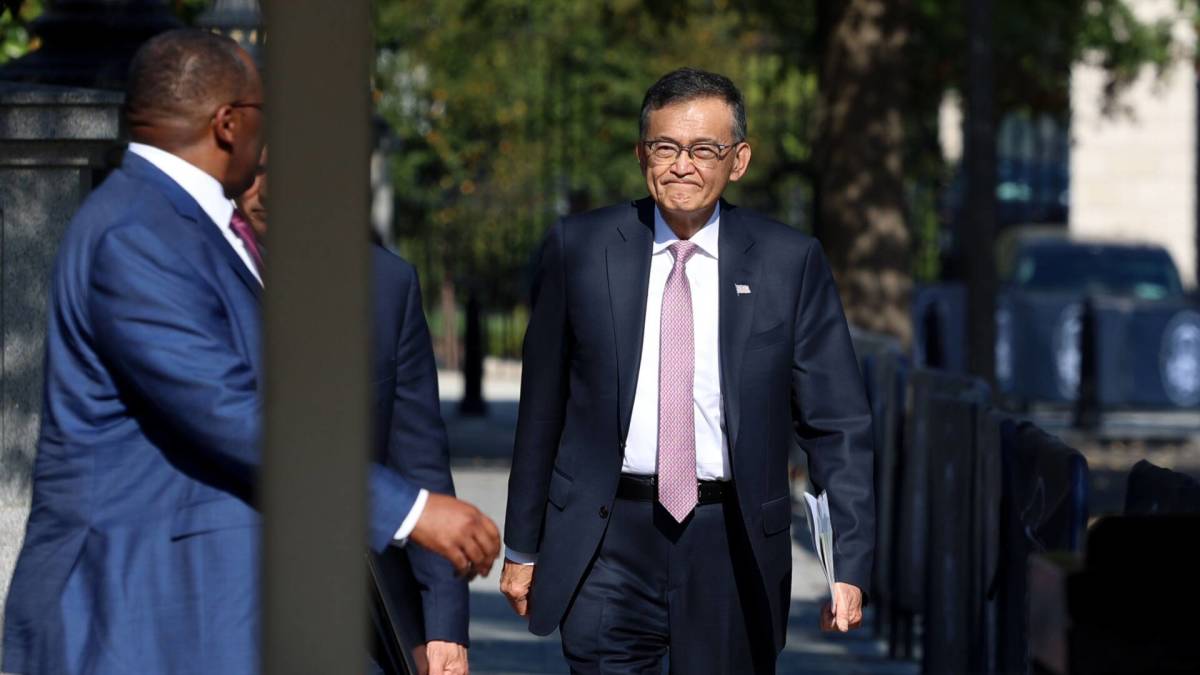Since the beginning of this year, Intel (INTC) has been fighting to pick up the pieces of its struggling business, while its CEO has implemented significant workplace changes to “fundamentally transform” the company’s culture and operations, sparking innovation.
In July, Intel CEO Lip-Bu Tan acknowledged that the company has fallen behind its competitors in recent years. This is mainly due to Intel’s lack of innovation in its chip manufacturing processes, which has allowed competitors such as Nvidia, IBM, and Samsung to lead in the industry.
“Twenty, 30 years ago, we are really the leader,” said Tan during a July conversation broadcast. “Now I think the world has changed. We are not in the top 10 semiconductor companies.”
Intel revealed in its second-quarter earnings report for 2025 that it suffered a net income loss of $2.9 billion, higher than the $1.6 billion loss it faced during the same quarter last year. Its revenue also remained flat year-over-year.
In response to the company’s weak performance during the quarter, Tan said during an earnings call on July 24 that the company will continue to lay off workers as it plans to end the year with only 75,000 employees.
Specifically, Intel aims to reduce its workforce by 15% by the end of the year, erasing roughly 25,000 jobs.
In addition to job cuts, the company also implemented its return-to-office mandate this month, which now requires employees to work from the office four days a week.
“We have much work to do in building a clean and streamlined organization, which we have started in earnest and have remained an area of focus for me during Q3,” said Tan. “Our goal is to reduce inefficiencies and redundancies and increase accountability at every level of the company.”
Intel quietly makes a harsh change amid struggles
Amid its workplace transformation, Intel has also quietly scaled back a vital section from its latest Corporate Responsibility Report.
Last year, its report contained a 16-page section detailing its commitment to diversity, equity, and inclusion.

Image source: Bloomberg/Getty Images
Some of its goals were focused on pay equity, the enforcement of Employee Resource Groups, inclusive hiring practices, supplier diversity, and LGBTQ+ inclusion.
“Diversity, equity, and inclusion have long been Intel’s core values and are instrumental to driving innovation and delivering strong business growth,” said Intel in its report last year. “We are advancing diversity, equity, accessibility, and inclusion in our global workforce, and advocating for public policies and laws that address discrimination and inequities impacting our employees and our communities.”
Now, in its Corporate Responsibility Report this year, the language around its commitment to DEI has dramatically decreased.
Intel still states in the report that it is “fostering a culture of inclusion for all,” but details regarding its various DEI initiatives have disappeared.
Related: Google quietly doubles down on a controversial workplace trend
“We remain committed to advancing inclusion and accessibility for millions of people by providing the technology and skills needed to access educational, economic, and community resources in our digital economy,” said Intel in its latest report.
However, Intel still chose to include workplace representation data in the report and claims that it is “embracing a wide range of perspectives and experiences” that cultivate a “sense of belonging” that allows employees “to bring their authentic selves to work.”
Intel follows a growing workplace practice
Intel’s pullback on DEI language in its latest Corporate Responsibility Report comes after the Trump administration invested $8.9 billion in Intel common stock last month, giving the U.S. government a 10% stake in the company.
President Donald Trump has been outspoken about his distaste for DEI policies. In January, he issued an executive order dismantling the federal government’s DEI programs, claiming they enforce “illegal and immoral discrimination.”
More Labor:
- Amazon CEO warns employees of a harsh new reality
- IRS sends stern warning to employees after layoffs
- Google sends a harsh message to employees after layoffs
Many companies have either scaled back or fully removed their DEI policies after President Trump took office earlier this year.
According to a recent survey from Resume.org, one in five companies eliminated DEI since Trump’s reelection. Also, 57% of companies that removed DEI policies report fewer hirings of one or more underrepresented groups.
“DEI initiatives shouldn’t be political; they should be strategic,” said Kara Dennison, head of career advising at Resume.org, in the survey. “They can help attract top talent, foster inclusive leadership, and boost retention, especially among younger and more diverse employees. Companies that abandon DEI risk reputational harm, disengagement, and an inability to adapt to an increasingly global, values-driven marketplace.”
Related: Intel announces a drastic decision to fix its struggling business
#Intel #quietly #pulls #major #employee #commitment #troubles